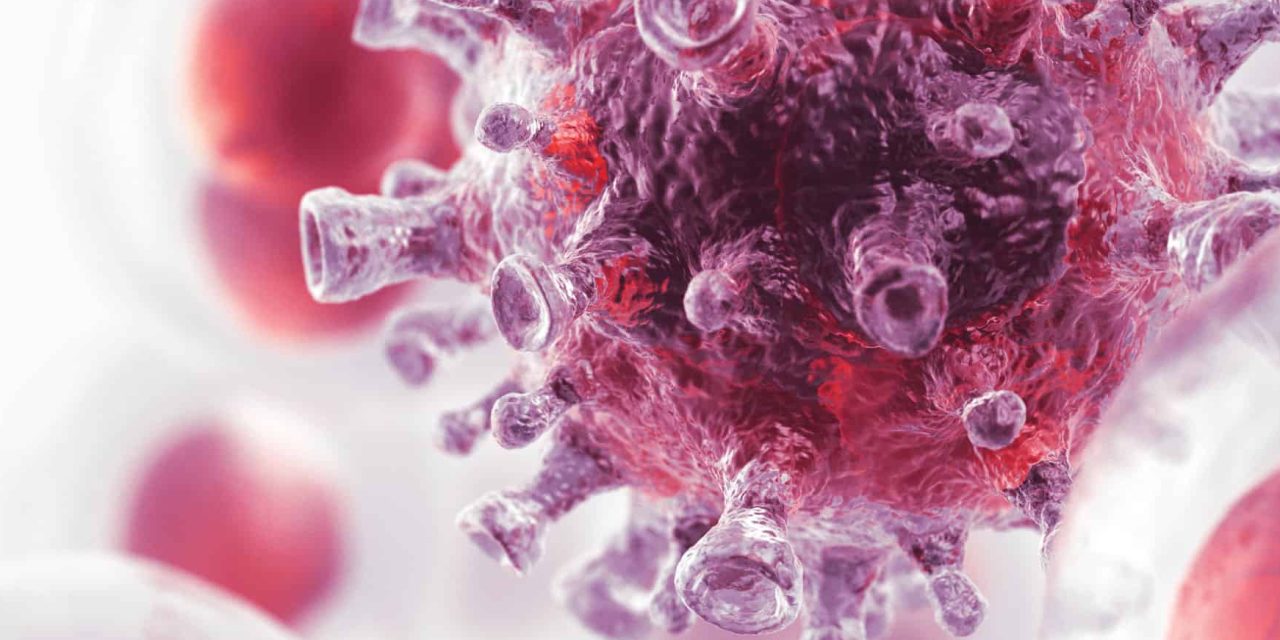Non-hospitalized, symptomatic patients with Covid-19 had increased risk for long-term memory complaints, a Norwegian cohort study found.
Compared with an untested randomly-selected group from Norway’s health system, SARS-CoV-2 positivity among outpatients was associated with self-reported memory problems at 8 months (OR 4.66, 95% CI 3.25-6.66), reported Arne Søraas, PhD, of the Oslo University Hospital and co-authors in JAMA Network Open.
“Most of the SARS-CoV-2–positive participants with memory problems also reported a worsening of their health compared with 1 year prior,” Søraas and colleagues wrote. “Our findings suggest that SARS-CoV-2 may negatively impact memory even 8 months after having a mild case of the disease, and this can be associated with a worsening of health and post-acute sequelae of SARS-CoV-2 (PASC).”
“The findings are a strong impetus to reconsider the notion that Covid-19 can be a mild disease,” they added. “It also questions whether the current home-treatment strategies are optimal for the long-term outcome. Our results suggest that memory problems may be a part of PASC, but firmer conclusions should await a longer follow-up period.”
Researchers followed 13,001 participants (24% of those responding to an electronic invitation) who completed a baseline questionnaire and were followed up at about 8 months with a repeat questionnaire. Mean age was 47 and 66% were women. Follow-up was a mean 257 days after baseline with a 75% response rate. A multiple logistic regression model included age, sex, and known confounders for memory problems including physical health limitations, pain, mood, and fatigue.
The cohort was made up of outpatients with symptoms suspicious for Covid-19 who were tested between Feb. 1 and April 15, 2020, and whose tests were either positive (n=794) or negative (n=7,978), plus a randomly selected cohort of untested participants (n=2,241). No participants were hospitalized.
Findings at 8-month follow-up included:
- Memory problems, reported by 11% of the Covid-positive group, 4% of the Covid-negative group, and 2% of the untested group.
- Problems with concentration, reported by 12% of the Covid-positive group, 7% of the Covid-negative group. and 4% of the untested group.
- Physical health limited work or other activities, reported by 20% of the Covid-positive group, 22% of the Covid-negative group, and 16% of the untested group.
- Depressed or downhearted at least sometimes in the past 4 weeks, reported by 11% of the Covid-positive group, 11% of the Covid-negative group, and 8% of the untested group.
- Did not feel energetic at least sometimes in the past 4 weeks, reported by 52% of the Covid-positive group, 56% of the Covid-negative group, and 40% of the untested group.
- Pain limited activities mildly or more in the last 4 weeks, reported by 13% of the Covid-positive group, 18% of the Covid-negative group, and 16% of the untested group.
“Eight months after the positive SARS-CoV-2 test, the prevalence of memory problems in this group was higher than in the control group with a negative test or in the untested control population,” the authors noted. “Feeling depressed, having less energy, or pain were reported relatively equally by the different groups.”
In an accompanying editorial, Esther Oh, MD, PhD, of Johns Hopkins University in Baltimore, and co-authors wrote that the study is “one of the largest cohort studies reporting on long-term cognitive symptoms of Covid-19.”
“After adjusting for confounders, SARS-CoV-2 test positivity was associated with an almost 5 times higher likelihood of reporting subjective memory problems at 8-month follow-up,” the editorialists observed. “Current understanding of cognitive sequelae of Covid-19 is still largely limited,” they added.
A recent systematic review that encompassed 9,751 patients with Covid-19 found common symptoms reported a month or more beyond acute illness included shortness of breath, fatigue, sleep problems, anxiety, depression, and cognitive impairment. At least one symptom was reported by 72.5% of those included, and 30 of 45 studies had mean or median ages younger than 60.
A prospective study of persistent neurocognitive complaints (5 weeks or longer) in 100 consecutive non-hospitalized patients, half SARS-CoV-2–positive and half SARS-CoV-2–negative, found “brain fog” in 81%, headache in 68%, sensory change in 60%, dysgeusia in 59%, anosmia in 55%, and myalgia in 55%, with only anosmia more frequent in those testing positive than those testing negative. Mean age in that study was 43.2.
“Given the emerging public health crisis represented by this burden of survivorship, there is an urgent need for understanding post-acute sequelae of SARS-CoV-2,” the editorialists wrote.
Limitations of the study included the absence of ethnic or racial data. Memory complaints were self-reported; there was no objective memory testing in the study. The study also had potential bias since participants knew their Covid test results. “The low overall response rate of 24% may limit the generalizability of our findings,” the authors added.
-
Non-hospitalized Covid-19 patients had an almost 5 times higher likelihood of reporting subjective memory problems 8 months after acute infection, a study in Norway showed.
-
Findings suggest Covid-19 may negatively affect memory for months and this can be associated with worsening of health and post-acute sequelae of SARS-CoV-2 (PASC).
Paul Smyth, MD, Contributing Writer, BreakingMED™
Søraas reported being an employee and shareholder at Age Labs outside of the submitted work.
Oh reported receiving grants from the National Institutes of Health and support from the Richman Family Precision Medicine Center of Excellence in Alzheimer’s Disease during the conduct of the study.
Cat ID: 926
Topic ID: 79,926,933,926,130,361,927,934




Create Post
Twitter/X Preview
Logout